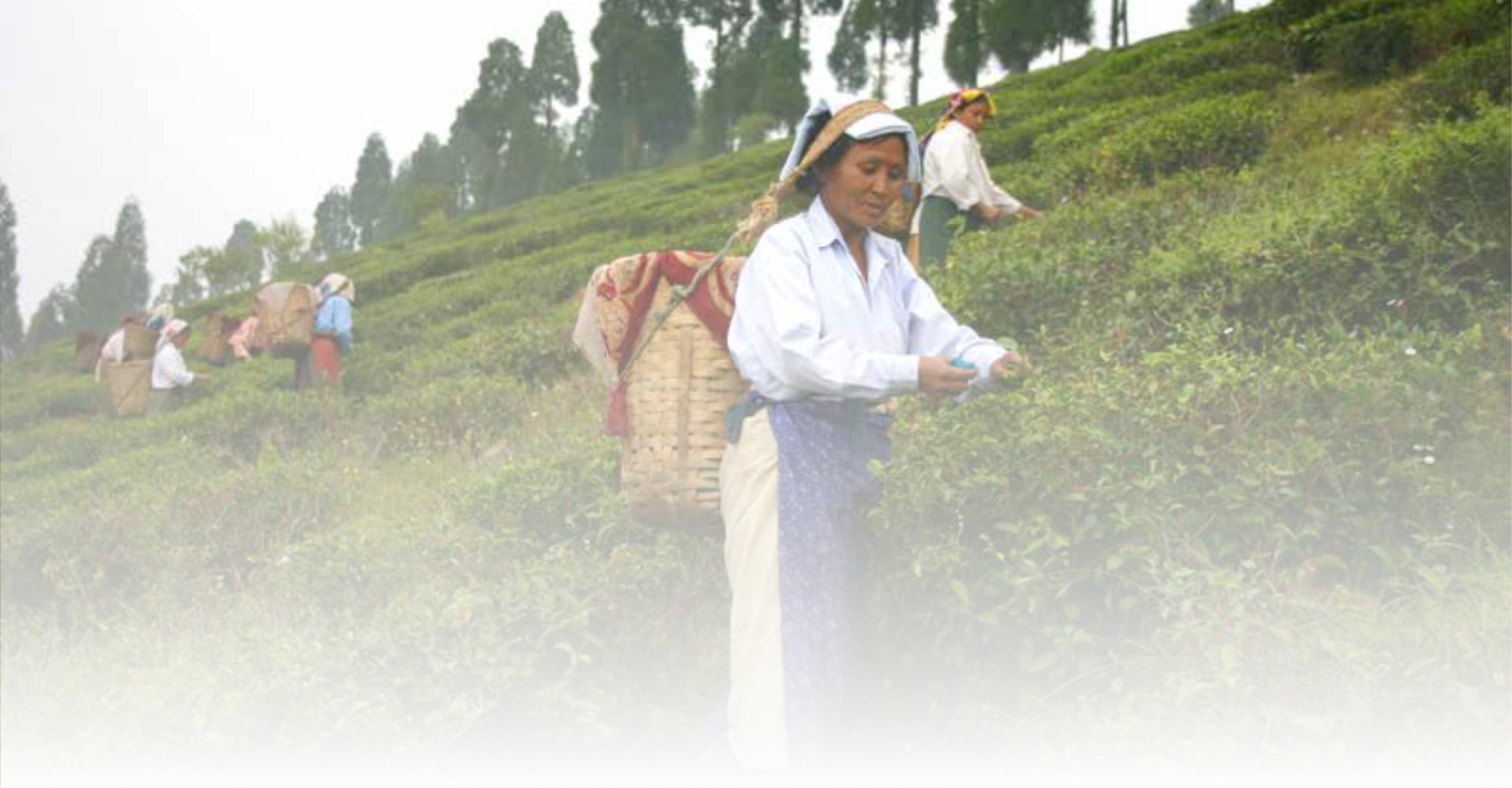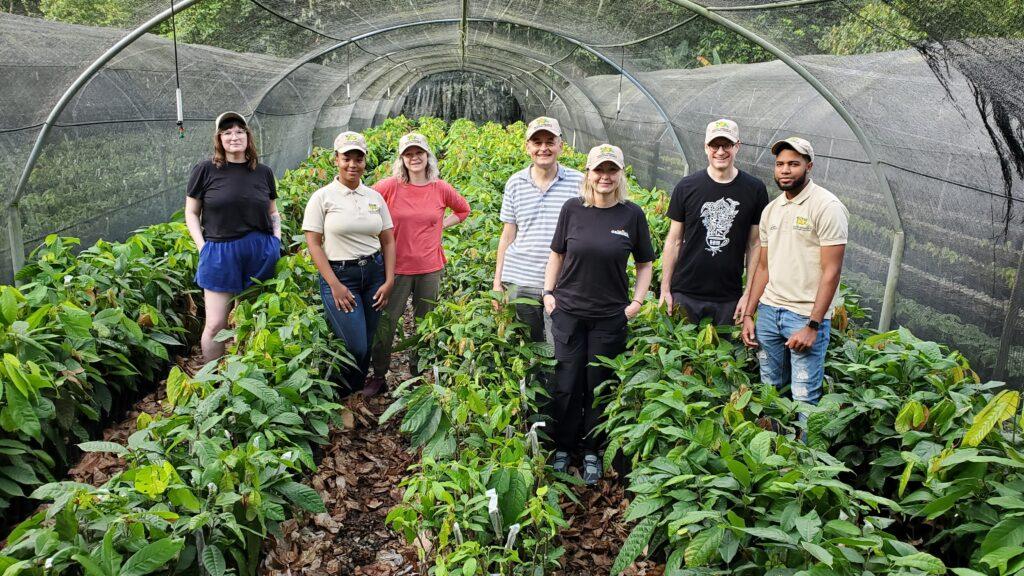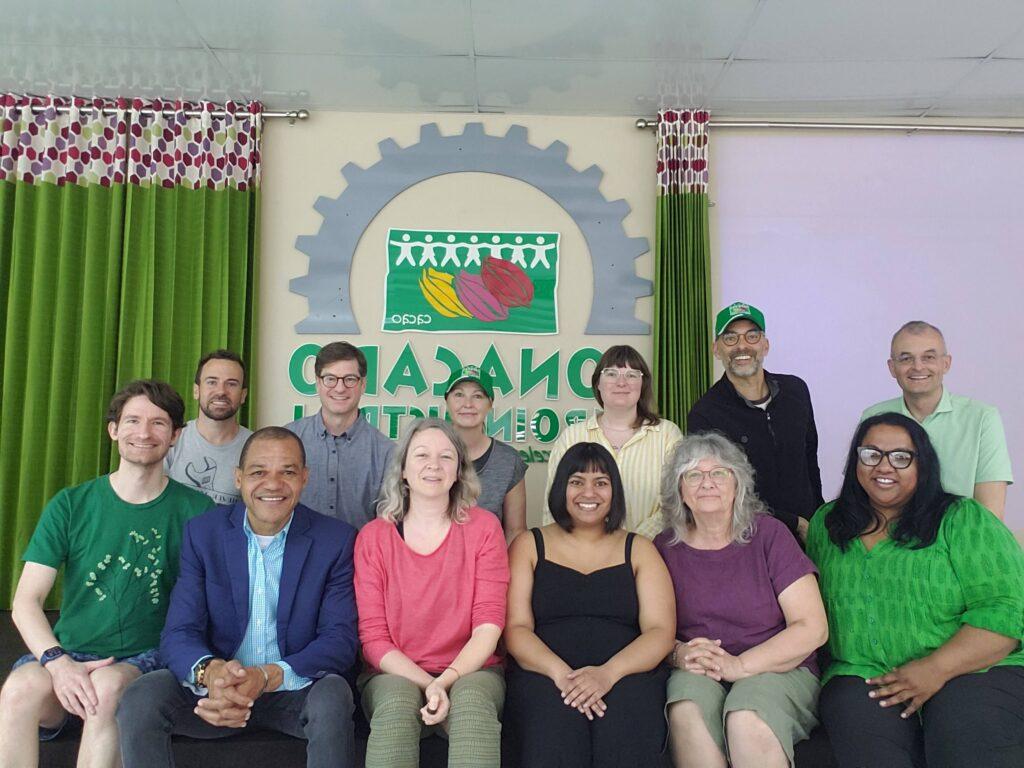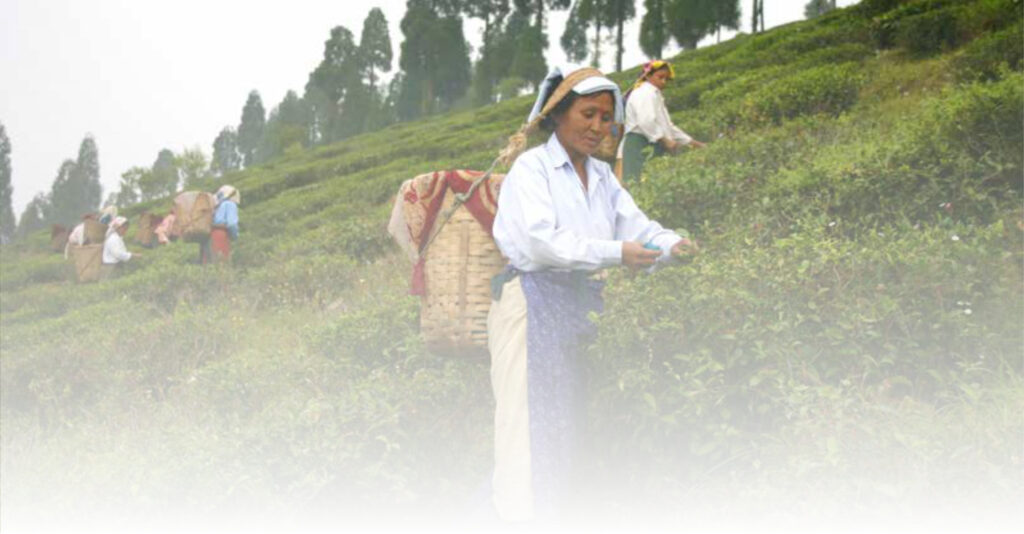
As a Canadian worker-owned cooperative, La Siembra Co-operative is among those that have represented the heart of fair trade and its goal of building markets for small farmers from the beginning. But corporations and large plantations now threaten the integrity of this movement. To advance the work of authentic fair trade, we have joined forces with our sister worker co-op Equal Exchange in the U.S. to defend hard-won gains and bring small farmers and citizen-consumers closer together. Since 1986, Equal Exchange has built enduring relationships with coffee co-operatives around the world. La Siembra Co-operative is now proud to provide for Canadian consumers Equal Exchange’s renowned organic teas and coffees.
“Canadian consumers helped redefine what is fair for farmers of cocoa and sugar when they started supporting Camino 20 years ago. Nowadays, there are very few small-scale tea farmer organizations in the world and even fewer that are democratic. Equal Exchange teas are a way for Canadians to once again lead meaningful change for growers in Darjeeling, Kerala, Sri Lanka, and Cederberg while advancing the standards of authentic fair trade.” This is how La Siembra Co-Executive Director and Equal Exchange worker-owner Tom Hanlon-Wilde explains the importance of introducing Equal Exchange teas to Camino supporters and customers.
Almost all of the world’s tea, including the vast majority sold under fair trade certification programs, is produced on plantations where a single owner employs farm workers. Equal Exchange sought out democratically-organized owners of tea gardens to bring authentic fair trade to the tea market.
To introduce the Equal Exchange Organic line of teas in Canada, our co-operative La Siembra has selected six of the most popular types of tea. Coming soon to your natural health food store, you will be able to find the following Equal Exchange tea selection:
-
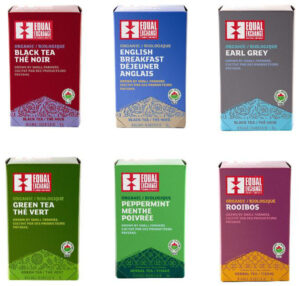
Black tea
-
English breakfast
-
Earl grey
-
Green tea
-
Peppermint
-
Rooibos
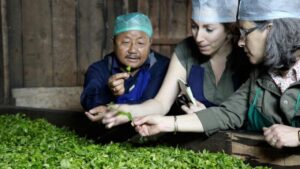
The principles that make the Equal Exchange tea model fair and successful are still extremely uncommon in the tea industry. At the core, they believe that “Fair Trade” should mean “small-scale farmer,” and their relationships reflect that.
A fair and successful trade model:
- strengthens the autonomy of small farmer organizations;
- promotes among farmers a sense of ownership and control over one’s business;
- encourages entrepreneurship;
- builds and strengthens a sense of community; and
- encourages debate and participatory decision making
The small-scale farmer organizations behind Equal Exchange teas
The Potong Tea Garden, Darjeeling, India
In the foothills of the Himalayas, the Potong Tea Garden was once a colonial plantation. Since 2005, the tea garden is now collectively run by its workers, paving a stronger, more democratic path forward for the community. Their challenge: build a new tea system out of a decaying and crumbling colonial plantation model. This revolutionary model should not only generate significant improvements for the garden’s 343 workers and their families, but the seeds planted in Darjeeling, India, could help spark a badly needed transformation of the tea industry. We believe partnerships such as these hold the key to the future of a fair and equitable tea system.
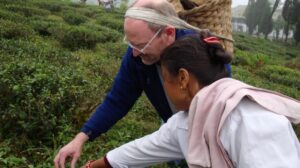
Prem Tamang of Tea Promoters of India, explained, “The predominant ownership and management model for tea gardens in Darjeeling is rooted in colonial history. In view of the changing cultural, political, and economic climate, a new framework that revolves around worker involvement, participation, and ownership was conceived. This revolutionary concept is not only critical to the success of Potong, but is important for the development of the larger Darjeeling tea community.”
Wupperthal, Cederberg Mountains, South Africa
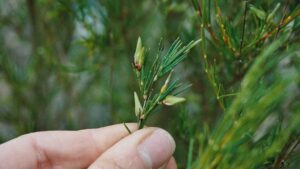
In 1998, against all odds, Wupperthal Original Rooibos Co-operative wasestablished. Wupperthal is a democratically organized group of small-scale farmers who have grown Rooibos in South Africa for generations. The Wupperthal farmers were pushed off the most fertile land in the 1800s and later endured the apartheid era. They now grow food in the very dry, rocky soil of the Cederberg Mountains which presents a big challenge for most of their crops. With Rooibos, however, the slower growth and lower production has resulted in notably higher quality tea compared to plantation Rooibos which is grown on the most fertile lands. Today, 98% of Rooibos production is grown on plantations with white landowners, making Wupperthal a true gem in a rocky landscape.
Small Organic Farmer’s Association (SOFA), Sri Lanka
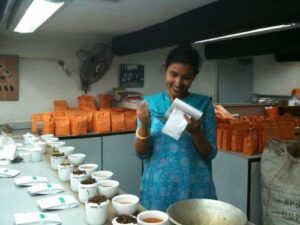
In Sri Lanka, we work with the Small Organic Farmer’s Association (SOFA) and Bio Foods, organizations working toward prosperous communities and a healthy local environment. Today, with over 1600 small-scale, landowning members, SOFA is a thriving example of small tea growers’ success. Bio Foods, with a mission to provide market access to small farmers, processes and packs all of SOFA’s tea. As part of this system, Sri Lankan tea farmers are able to stay on their land, support their families and maintain vibrant communities.
Always Organic
The worker-owners of La Siembra are proud to offer co-op teas to our friends and supporters in Canada.
All Equal Exchange teas are organic—a health benefit to you, our tea partners, and the planet we share. Equal Exchange works with tea farmers who care deeply for the environment; they depend on the land for their livelihood and practice land stewardship through organic and biodynamic farming of diverse crops.
By choosing organic teas, you are ensuring that tea farmers are not exposed to dangerous chemicals while growing and hand-harvesting the delicate tea leaves. It also means harmful pesticides don’t end up in your cup!
If you would like a free tea sampler, please e-mail your postal address to tom@camino.ca

